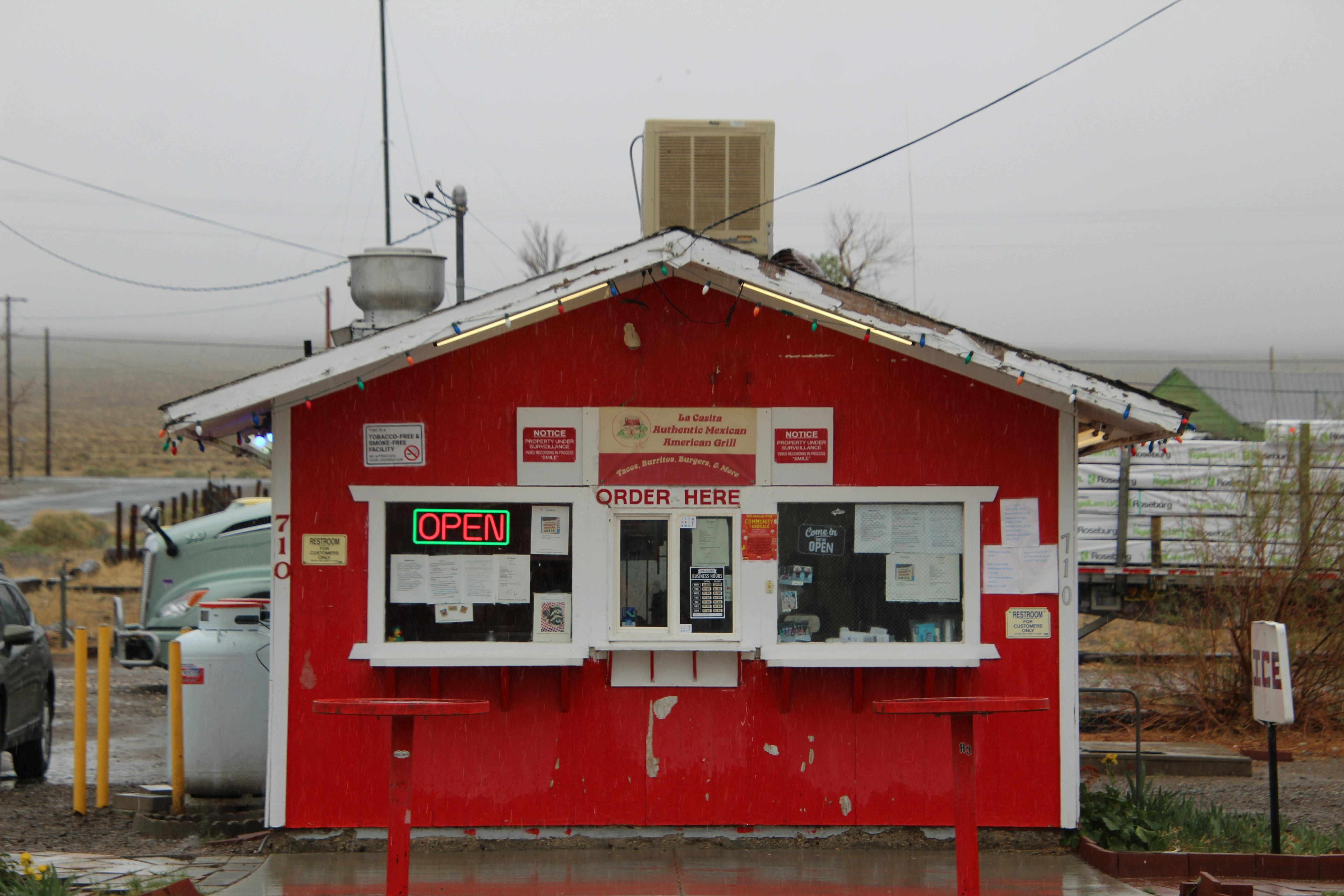Wealth Deterioration Risks: Impact of Inactive Savings on Your Finances
Revamped Guide:
Working Your Money Smarter, Not Harder
Money in a standard bank account may seem like a safe spot, but it's not doing much for you. In fact, it's losing value due to inflation. Here are some better alternatives to make your hard-earned cash work for you.
Inflation: The Silent Thief
According to a recent Vanguard study, 57% of survey respondents report earning less than 3% interest on their savings, including 24% earning less than 1%. That's because most people are keeping their money in traditional savings or checking accounts with low-interest rates.
It's important to remember that inflation, as measured by the Consumer Price Index (CPI), is currently running at an annual rate of 2.4%. If you're not earning at least that much, you're actually losing ground.
Save Wisely, Spend Smarter
So what's the solution? Financial advisor Rachel Elson recommends keeping three to six months of living expenses in a checking or savings account as an emergency fund. But for spending beyond that, consider a high-yield savings account.
High-yield savings accounts (HYSAs), available at online banks, offer significantly higher interest rates than traditional accounts, often above 4%. Other options include money market accounts, which can provide a higher annual percentage yield (APY) than standard savings accounts but have fewer check-writing privileges.
Invest for the Future
For long-term goals, index funds, Roth IRAs, and other investments could be the way to go. But remember, investing comes with risk, and it's always best to consult a financial advisor before making decisions.
Whatever you choose, always remember to have a plan for your money. "You want to know what your money is working toward," says Elson. Make sure it's deployed in a way that benefits your goals.
Remember, your money deserves better than a low-interest savings account. Take control and make it work for you!
Empower Your Trading with Pepperstone at Pepperstone.com.
Remember, this guide provides general advice, and individual circumstances may vary. Always consult a financial advisor before making any investment decisions.
Enrichment Insights:
For long-term savings, financial experts usually recommend various alternatives with varying features and risk levels:
High-Yield Savings Accounts (HYSA)
- These accounts offer higher interest rates than traditional savings accounts, often above 4%.
- Some examples of HYSA include Axos Bank savings at 4.66% APY and BrioDirect savings at 4.35% APY.
- Rates may fluctuate with market changes.
Certificates of Deposit (CDs)
- CDs offer fixed interest rates, which can be comparable or better than HYSA rates.
- CDs provide the advantage of locking in high rates for a set term, protecting against rate drops.
- However, withdrawing funds early often incurs penalties, and they have reduced liquidity.
- Using a CD ladder strategy can help maintain some liquidity while still locking in good rates.
Money Market Accounts
- These accounts generally pay higher interest than traditional savings accounts and can offer limited checking account features, such as ATM or debit cards.
- They may require a minimum deposit or balance and can have penalties if minimums are not maintained.
Additional Options
- Cash ISAs provide tax-free interest earnings for UK savers, boosting effective returns.
- Credit unions and online banks often offer higher interest rates than traditional banks, making them valuable alternatives.
- Peer-to-peer lending is another alternative but carries higher risk and complexity.
[1]: CNBC: High-yield savings account rates hit record highs. (2021, May 11). https://www.cnbc.com/select/best-high-yield-savings-accounts/[2]: CNN Money: The Federal Reserve's inflation target is the magic number. (2018, Dec 18). http:// fortune.com/2018/12/18/federal-reserve-inflation-target-magic-number/[3]: MoneyAdviceService: Cash ISAs: What are they and how do they work? (2021, Feb 22). https://www.moneyadviceservice.gov.uk/en/articles/cash-isas-what-are-they-and-how-do-they-work[4]: The Balance: High-Yield Savings Accounts. (2021, Jun 2). https://www.thebalance.com/high-yield-savings-accounts-4158897[5]: Bankrate: Best High-Yield Online Savings Accounts for July 2021. (2021, Jul 1). https://www.bankrate.com/mortgages/best-high-yield-online-savings-accounts/
- Financial advisor Rachel Elson recommends high-yield savings accounts (HYSAs) for spending beyond an emergency fund, as they offer significantly higher interest rates than traditional accounts, often above 4%.
- For long-term goals, investing in index funds, Roth IRAs, and other investments could be recommended, but remember, investors should consult a financial advisor before making decisions due to the inherent risks involved.
- Additionally, Certificates of Deposit (CDs) can offer fixed interest rates that may be comparable or better than HYSA rates, with the advantage of locking in high rates for a set term to protect against rate drops.
- Money market accounts, although they generally pay higher interest than traditional savings accounts, may require a minimum deposit or balance and have penalties if those minimums are not maintained.
- For UK savers, Cash ISAs could be a good option for long-term savings, as they provide tax-free interest earnings, thereby boosting effective returns.
- Peer-to-peer lending, while an alternative, carries higher risk and complexity, making it less suitable for personal-finance management compared to other mentioned options.




